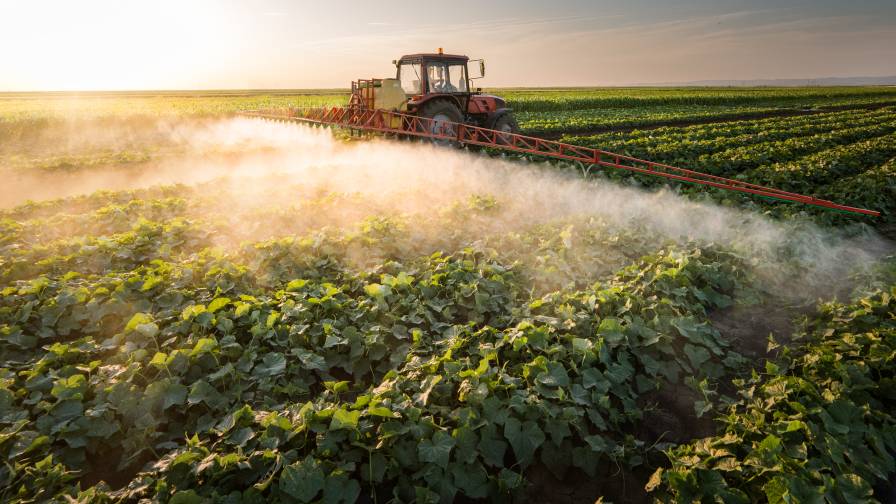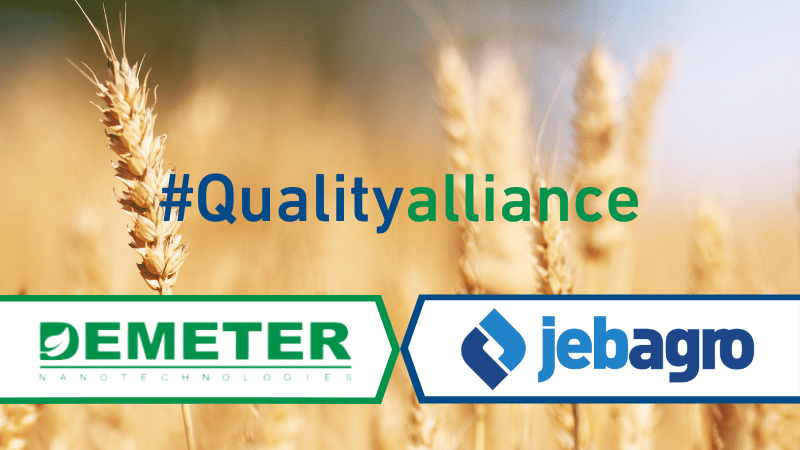Commodity Groups Unite around Farm Bill Legislation
MEMPHIS, Tennessee, US – Commodity groups are voicing their opinion regarding the current US Farm Bill debate. Organizations representing cotton, rice, peanuts and grain sorghum are urging the development of a farm bill that maintains equity among all US agriculture players, according to a joint statement.
The commodity organizations that joined together to release the statement include the USA Rice Federation, Southern Peanut Farmers Federation, National Cotton Council of America, National Sorghum Producers and the US Rice Producers Association.
“The leadership of these commodity organizations is pleased with efforts by the Agriculture Committees to craft a responsible set of farm programs that maintains balance and ensures that deficit reduction is equitably shared across commodities and regions,” National Cotton Council Chairman Charles Parker said in a statement. “All of us in agriculture need to work together to achieve the best possible policy. Policy must be crafted to recognize differences in costs of production and avoid the disproportionate impacts of a one-size-fits-all policy.”
The US Farm Bill, which is set to expire in September 2012, sets price subsidies for agriculture commodities, among other things. The total cost of the 2008 Farm Bill was $284 billion over five years.
In the wake of significant budget reductions in the US, agriculture advocates are lobbying policymakers to ensure that budget cuts are in line with cuts in other departments. Some analysts say that US subsidies will be politically difficult to maintain without more political muscle behind a divided and emasculated Congress.
The commodity groups are also urging agriculture committee heads to keep the inherent differences in production practices across the major crops in mind when developing farm policy, and to develop programs that support these differences. The groups said they support policy that promotes market-oriented and flexible cropping decisions, but at the same time urged committees to be mindful of the potential effects of payment limits, according to the statement.
“We believe strongly that the committees and Congress need to act with care to ensure that cuts to our current safety net programs and the design of any new program treat all commodities and regions equitably,” said Ray Stoesser, a rice farmer and chairman of the US Rice Producers Association, in a statement. “The unique production attributes and high production costs of rice, in particular, need to continue to be accommodated in any safety net ‘choice’ options, crop insurance availability and design, and payment limit and safety net eligibility restrictions.”
– Stefanie A. Toth, Content Editor





